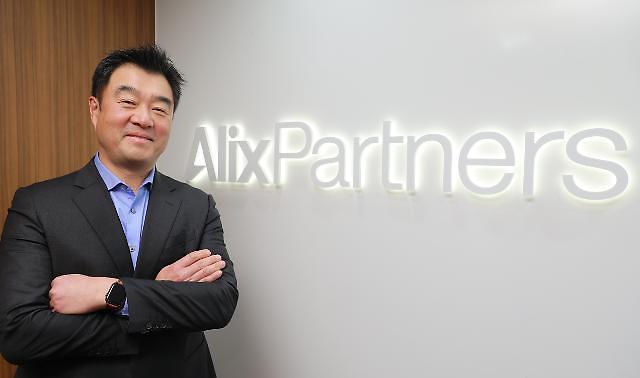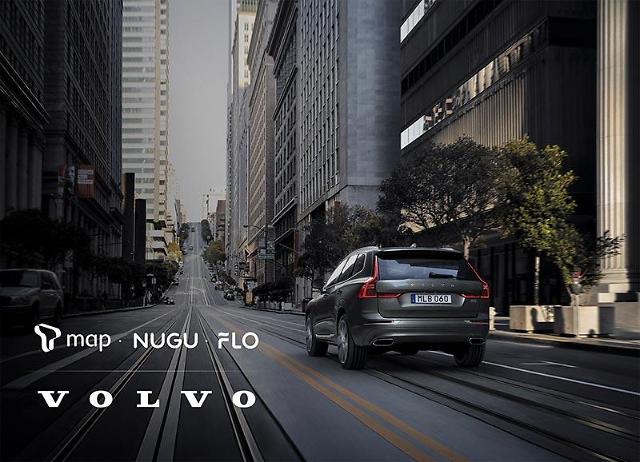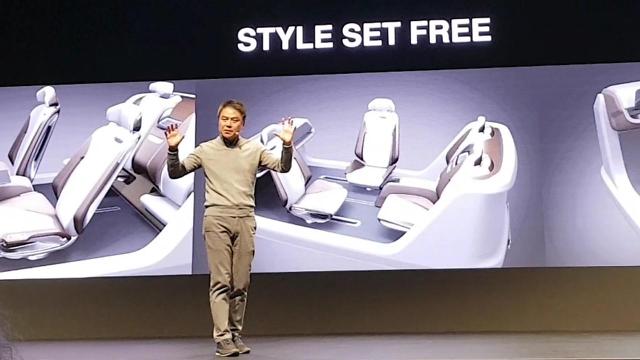
[Photograph by Yoo Dae-gil]
"The focus should be on making decisions that efficiently allocate resources centering on CASE," John Park, director at Alix Partners, an American consulting firm, said in an interview with Aju Business Daily. "It is difficult for most automakers to provide all the services consumers need. Companies should identify their core values aequo animo and decide how to participate within an ecosystem called CASE."
South Korean carmakers showed poor performance in exports due to the pandemic, while their domestic sales were relatively brisk to hit a record high since 2002 as people were reluctant to use crowded public transportation, Park said, adding that a series of tax cuts and the back-to-back launch of new models boosted sales in the domestic market.
"COVID-19 has caused a sharp drop in global vehicle sales and production, and there is an 'alliance craze' among car manufacturers," Park said, referring to strategic cooperation between Ford and Volkswagen in June and an alliance in September between General Motors and Honda. "It will be a very important factor to have a strategic partnership to reduce cost and disperse the investment burden for the future of the auto industry."
Park emphasized a clear concept and positioning for future cars. "In the case of electric vehicles, there are consumers who want high-tech devices despite high costs, while there are customers who are interested in environmental issues but do not buy EVs without government subsidies."
South Korea's auto industry requires government support to keep up with future car technology trends, Park said, calling for financial support to promote the establishment of charging stations and the purchase of electric and hydrogen cars. "To cope with the rapidly changing auto market environment, government policies should be designed to keep up with future car technology trends, such as sharing economy, connected cars and changes in the form of car sales."
This year's global car sales are expected to stand at 74.5 million units, compares to 90 million a year ago, Park said, adding that it may take four years for the auto industry to recoup its strength to the level of 2019.



![[INTERVIEW] Importer anticipates rapid growth of Chinese car sales in Asias testbed](https://image.ajunews.com/content/image/2020/01/02/20200102164812436258.jpg)
